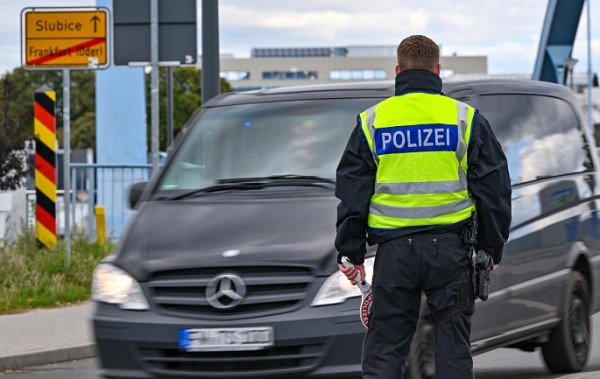
Poland's embassy in Berlin has raised concerns over plans by Germany's incoming conservative-led government to tighten border controls, warning such measures could harm cross-border traffic and the functioning of the EU's internal market, reported dpa.
This was already a problem with current controls at the German-Polish border, Polish acting ambassador in Berlin, Jan Tombinski, told news magazine Politico in remarks published on Friday.
Tombinski referred to existing measures introduced by the outgoing German coalition that have caused hours-long traffic jams from Poland into Germany. He said that Poland does not want to see any further tightening of border checks.
Tombinski, who has not yet been formally appointed as ambassador but is already acting as such, emphasized Poland's commitment to protecting the EU's external border, particularly with Russia and Belarus. However, he also stressed the need to preserve free movement within the European Schengen area.
Asked whether Poland would accept migrant pushbacks under the incoming German government, Tombinski said Warsaw would abide by its obligations under EU law, including those laid out in the new Common European Asylum System (CEAS).
Christian Democrat (CDU) leader Friedrich Merz, the chancellor-in-waiting, said stricter border checks would be implemented "from day one" of his chancellorship. Thorsten Frei, a CDU lawmaker and incoming head of the chancellery, told news magazine Der Spiegel that additional federal police would be deployed to the borders, calling the move an essential and immediate step.
Under their coalition agreement, Merz's CDU, their Bavarian sister party, the Christian Social Union (CSU), and Social Democrats have pledged to carry out migrant pushbacks at shared borders "in coordination with our European neighbours." However, it remains unclear whether this coordination requires formal consent or mere consultation.
Source: www.dailyfinland.fi


